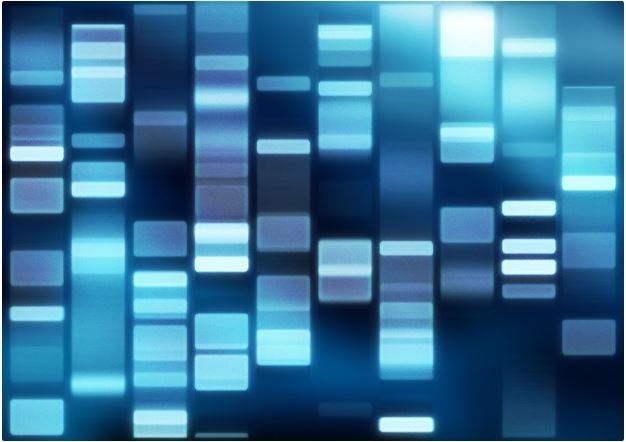Direct-to-consumer genetic tests – kits you buy in a drug store or online and involve mailing a saliva sample – have been around for about 10 years, and they are getting more and more attention. While taking the test is simple, understanding the results and living with the knowledge genetic testing brings is not. Are these tests right for you?
What to Consider Before Testing
While many products promise to “change your life,” none can do so to the extent of genetic testing. As a genetic counselor, I've helped patients understand the results of at-home genetic tests. So before you take a test, here are some things to consider:
- No matter how prepared you feel you may learn unexpected or unsettling information from direct-to-consumer genetic tests. For example, you may find you are at risk for a disease not previously seen in your family.
- Direct-to consumer tests may also have unexpected results for your relatives. Learning you are at risk for a disease may also mean that your relatives (who have not chosen to been tested) are also at risk, or you may discover a relative you didn't know you had.
While direct-to-consumer genetic testing companies are no longer able to report personal disease risk or diagnostic information, they can provide information about genetic carrier status and non-disease related information such as ancestry and paternity. It should be noted though, that prior to the limits mandated by the FDA , many customers were diagnosed with or learned about their risk to develop diseases. Of particular concern, many received risk information for diseases for which there is no treatment or prevention, such as Alzheimer's disease, without full understanding that this could happen. In addition to causing anxiety, this information could result in these patients facing discrimination in obtaining long term care or life insurance. In some instances, families tested adopted children in an attempt to learn valuable genetic information, but then received information about conditions that would not be an issue until adulthood. In some cases the families, and especially the children, would have preferred not to know this information until much later in life, or at all.
Of course, for every caveat, there are also stories of optimism. Finding unknown relatives or surprising ancestry can be a blessing – or just plain fun! Learning about a disease risk that would otherwise go unknown may result in life-saving interventions or avoidance of a child with a lethal condition.
Genetic Counselors Can Help
The point is that genetic testing is complicated. Much of what we know and can offer related to genetic information is incomplete. To achieve its full value, genetic information must be applied in context of family health history and other environmental factors and with full appreciation of what is known and not known.
Overall, genetic counselors are well suited to evaluate the need for clinical genetic testing, counsel patients about both the positive and negative implications of such information, and facilitate testing and counseling about genetic test results. Genetic counselors can provide you with information about other important factors such as the strength of the genetic evidence, missing genetic evidence (we only know the tip of the iceberg for most common genetic conditions), family history, lifestyle factors and psychological implications.
If you are considering direct-to-consumer genetic testing, or have had a test that revealed disease risk or diagnosis and would like to receive genetic counseling regarding the results, you can find a genetic counselor in your area using NSGC's Find a Genetic Counselor tool.
Susan Hahn , MS, CGC, is an Alzheimer's disease expert with the National Society of Genetic Counselors, the Neurogenetic Outreach Specialist at Quest Diagnostics, and a voluntary faculty member of the University of Miami Miller School of Medicine.
Back to Resources 